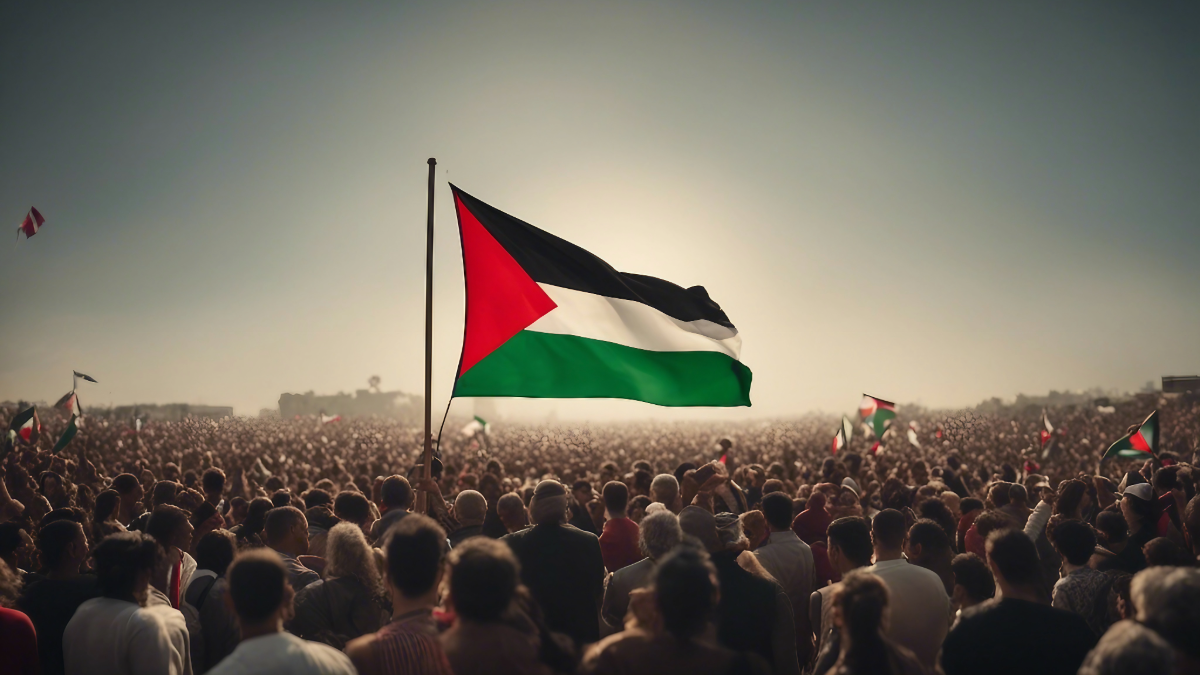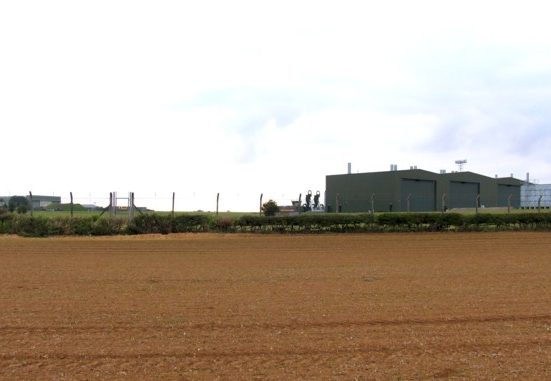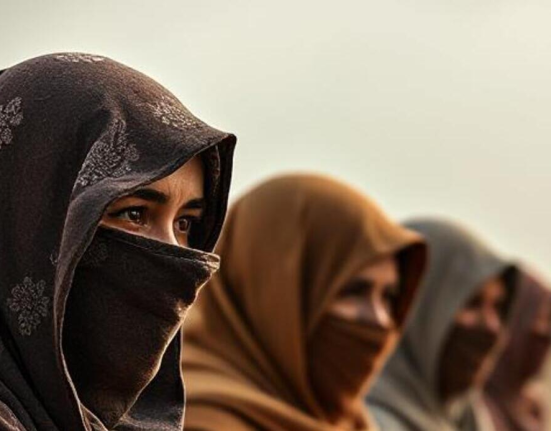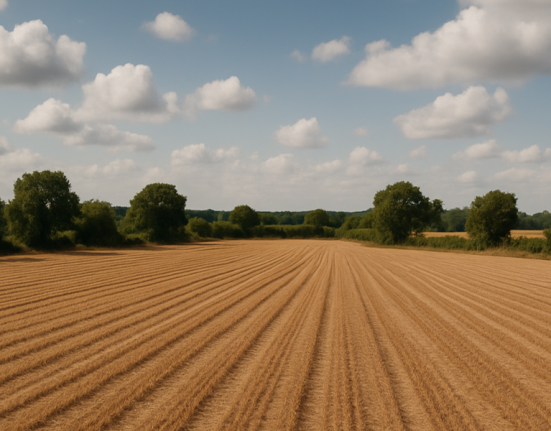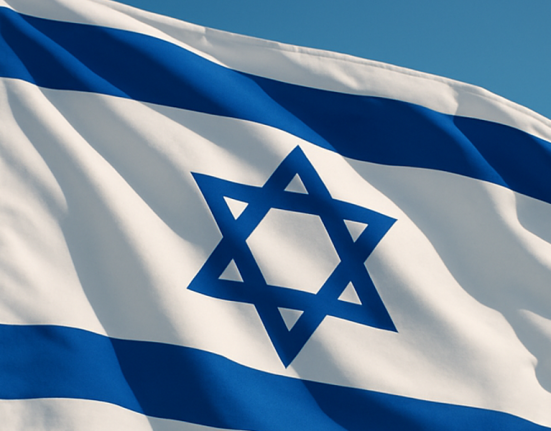The state can’t keep shrinking the square
There’s something deeply troubling about the government’s latest plan to curb “repeat protests.”
On the surface, it’s dressed in the soft language of balance and safety – a bid, as Home Secretary Shabana Mahmood puts it, to “protect communities” and prevent fear.
But beneath that velvet rhetoric is an unmistakable tightening of the state’s grip on public dissent.
Let’s be clear: I’m no cheerleader for every pro-Palestine protest or for the chaos that sometimes follows. But democracy isn’t meant to be comfortable. Freedom of speech and assembly – the messy, noisy, sometimes maddening cornerstones of British life – aren’t privileges to be rationed when the government feels anxious.
From inconvenience to illegality
When ministers start speaking about the “cumulative impact” of protests, they invite a dangerous subjectivity. What counts as too many protests? Who decides when a cause has outstayed its welcome? Once that logic takes root, it doesn’t stop with pro-Palestinian. It spreads – to farmer marches, to striking workers, to anyone who refuses to sit quietly while power rearranges itself.
The last Conservative government opened the door with its Public Order Act, creating offences for “locking on” and “public nuisance.” Labour, under Mahmood, appears to be kicking that door wide open. What began as a crackdown on disruption is fast becoming a quiet redefinition of what dissent even means.
Fear as political currency
There’s a cruel irony in using fear to justify restrictions on freedom. Yes, Jewish communities deserve protection and reassurance – that should be an unshakable national priority.
But conflating that duty with curbing protests risks creating a hierarchy of rights: one group’s safety pitted against another’s speech. That’s not leadership; it’s political convenience.
The real test of free expression isn’t when we defend views we share – it’s when we tolerate those we despise. Mahmood’s pledge to “respect ancient freedoms” rings hollow if those freedoms are constantly rewritten to suit the sensitivities of the day.
The price of silence
Britain’s streets have always been its pressure valve – the place where frustration, fury, and hope collide. Strip that away, and those same emotions don’t vanish; they fester.
We can disagree profoundly with protesters and still defend their right to stand in the rain holding a placard. Because the day we stop doing that is the day the state stops needing our consent to control us.
In the name of order, we are sleepwalking into quiet authoritarianism – and once you trade liberty for comfort, you rarely get either back.

